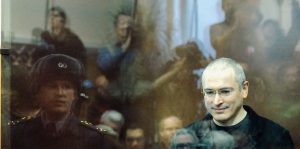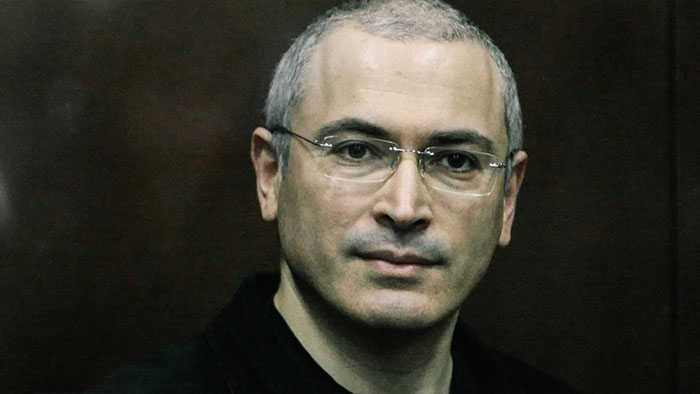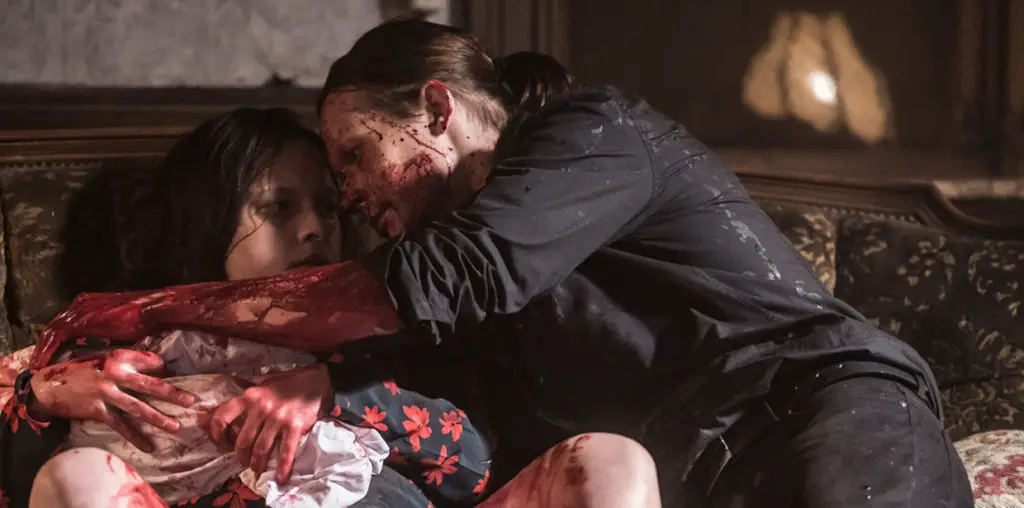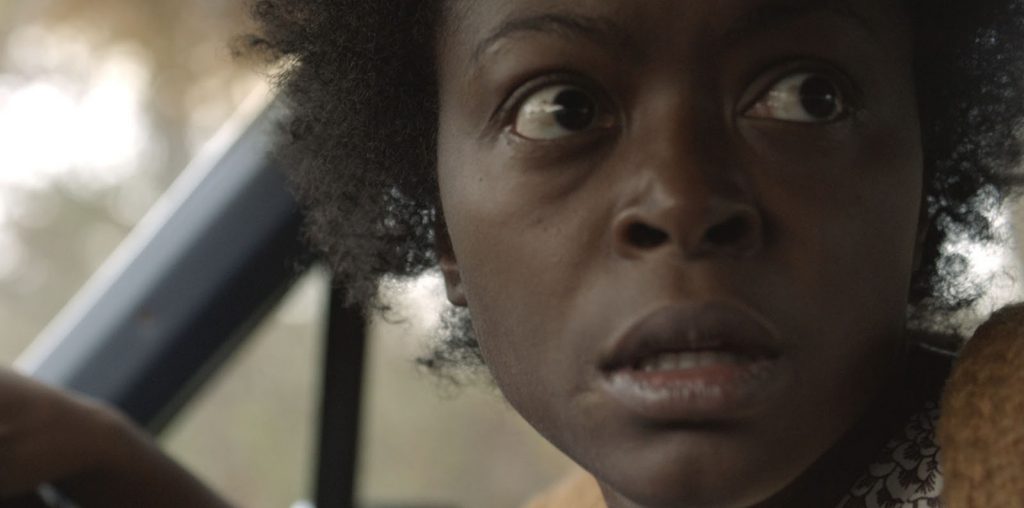
In 2003, Khodorkovsky was arrested for fraud and tax evasion, his lawyer claiming it was “purely political.” Putin was firm: “A thief belongs in jail.” Khodorkovsky’s decade in prison “made him a hero for the cause of human rights and democracy.” Now he resides in London. (“London is nice, but I’m a guest here, and I feel like a guest here,” he says.) A tale of a redeemed monster? Things are not as simple. Khodorkovsky is still, clearly, far from a saint. He nonchalantly admits it himself: he’s aggressively rapacious and ruthless. He regretfully assumes responsibility for laying off thousands of people, yet is shown calling the underprivileged entitled and, well, pretty much worthless in earlier footage. He doesn’t even deny that he’s a crook: “Of course it’s not honest,” he speaks of his scheme involving Yuko, a giant oil plant in Siberia. “But, I don’t think it was a bad deal for the state.”
Gibney does tend to lean a little towards glamorizing his subject. He refers to anti-Putin crusaders as “warriors.” He portrays Khodorkovsky as an entrepreneur, a radical who threw hunger strikes while in jail to get what he wanted. Yet how difficult is it to abstain from eating for a few days when: a) you know for a fact your wish will be granted due to your stature, and b) you have dozens of millions of dollars waiting for you at home? “The prison has changed him for the best,” a clear ally says. You sure?

“…a supremely entertaining documentary that sheds light on a tumultuous period in one of the world’s Great Empires.”
Gibney spares no detail. From Khodorkovsky’s impoverished upbringing, through his bank dealings, rapid rise via scheming coupon vouchers, and consequent ownership of major Russian enterprises, the filmmaker leaves no stone unturned. Some of the most fascinating parts involve the oligarchs (allegedly) supporting a near-comatose Yeltsin – purchasing entire TV channels and fabricating reality – to ensure he wins against the more popular, Communist leader Gennady Zyuganov. “I would rather elect a corpse of Yeltsin than a live Zyuganov,” one of the interviewees openly states. Political intrigues, potential murder plots – oh, and Putin’s rise-to-power and consequent 18-year-reign – Gibney serves it up, warts and all.
“Why didn’t you leave the country? Khodorovsky is asked. “I don’t value my life that much,” he replies calmly, “to exchange it for losing respect.” This is the part I find the most fascinating about Citizen K. What “respect” does Khodorkovsky speak of? How can you unabashedly root for a self-proclaimed felon, “reformed” or not? Yet, as Gibney points out: that’s beyond the point. It’s the judicial (amongst others) system, fraudulent and self-serving, that needs to be fixed. As it stands, this Goliath lost the battle, but the war wages on.
"…focuses his attention on the ongoing battles between two major Goliaths: Russian President Vladimir Putin and oligarch Mikhail Khodorkovsky"



Another great review, an independent and objective analysis of the movie, still leaving it up to the viewers to judge and to create their own opinion of the political events and characters.